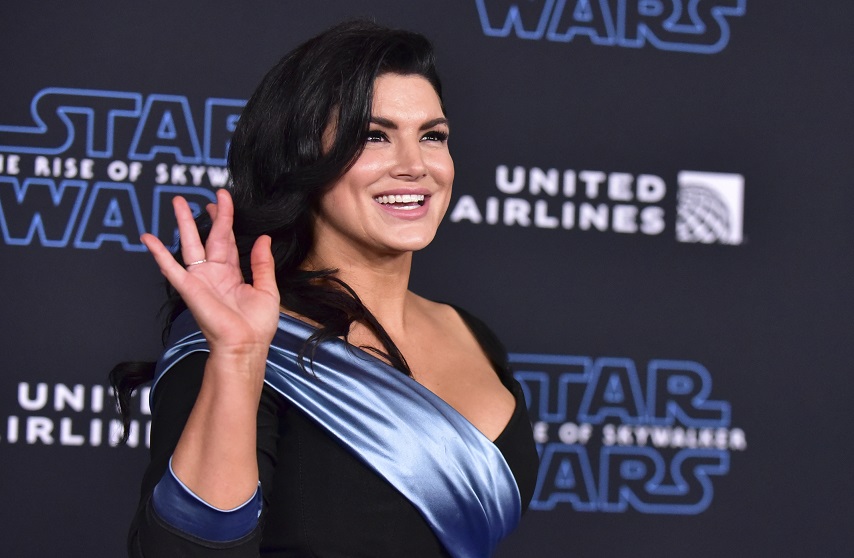Which is, roughly, to argue that, since Disney creates art as part of an expression of certain ideas and value, using an actor whose own publicly stated beliefs run counter to those values violates the company’s First Amendment rights of expression. (I.e., that having Carano—who got fired shortly after making a social media post that appeared to mock the concept of preferred pronouns, and right after sharing an Instagram post that appeared to compare treatment of American conservatives to Nazi treatment of Jews during the Holocaust—performing the progressive words and values of The Mandalorian would inherently wreck the expression of that message.) Garnett didn’t buy it, writing that Disney had failed to “substantiate a claim that they employ public-facing actors for the purpose of promoting the ‘values of respect,’ ‘decency,’ ‘integrity,’ or ‘inclusion.'” She also argued that, unlike organizations like the Boy Scouts, which are ” members-only, nonprofit organizations” that can legally kick members out for disagreeing with their organizational beliefs, Disney’s status as a ” for-profit corporation who, as relevant to this lawsuit, employ actors such as Plaintiff, as well as administrative staff, to create television series and films” renders it no such protections.
(Which is actually kind of fascinating, philosophically, in a world where online conversations have forced companies to take public stances on many of the biggest topics of the day. But Garnett clearly didn’t think it held water. Also, did you know you can just look up court documents and read them for fun? We’re cool people, is all we’re trying to say.)
Anyway, this means Carano’s trial, which is being bankrolled at least in part by Elon Musk, in his ongoing efforts to give us just this awful headache in the back of our brains, will continue to move forward. The motion to dismiss was filed back in April; it’s not clear yet when, exactly, the case will go to trial.
[via Deadline]









































